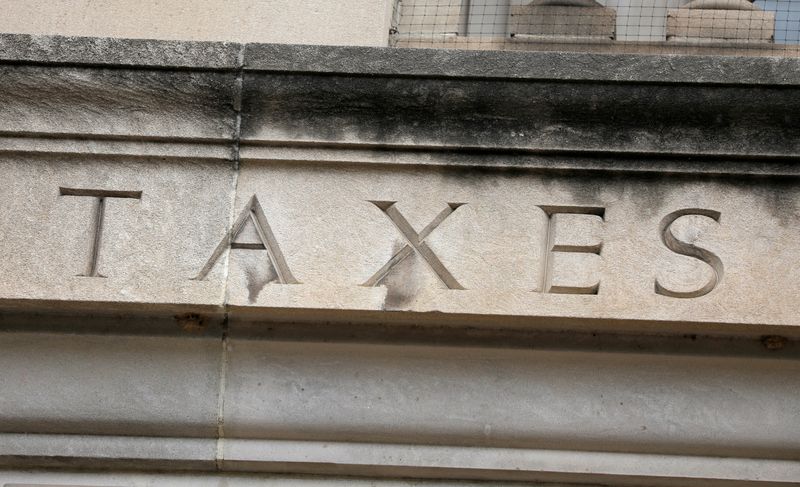New Jersey’s position as one of the worst states for taxes in America, as per the Tax Foundation’s 2024 State Business Tax Climate Index, continues to be a significant concern for residents and businesses. The Index, which assesses how states structure their tax systems, places New Jersey at the bottom, highlighting the high tax burdens faced in the state.
In fact, taxes are so out of control in New Jersey, that its own governor, Phil Murphy, once said, “If taxes are your main issue, New Jersey is not the state for you.”
New Jersey is contrasted with states like Wyoming, South Dakota, and Florida, which top the Index due to their favorable tax structures. These states benefit from the absence of one or more major taxes, such as corporate income, individual income, or sales tax. This approach contributes to a more business-friendly environment and attracts economic activity.
In contrast, New Jersey struggles with some of the highest property tax burdens in the nation. Additionally, the state levies high-rate corporate and individual income taxes. This situation is compounded by a complex tax system that includes aggressive treatment of international income, an inheritance tax, and poorly structured individual income taxes.
Assembly Bill 5323, enacted in July 2023, made several changes to New Jersey’s corporate income tax code, including reducing the taxation of GILTI from 50 to 5 percent, effective for privilege periods ending on or after July 31, 2023. This change will help New Jersey’s corporate tax component score in the future. However, that same law will also newly conform New Jersey to the 80 percent federal limitation on NOL carryforwards without adopting a corresponding unlimited recovery period included in federal law. Additionally, New Jersey’s 2.5 percent corporation business tax surcharge is scheduled to expire at the end of 2023, which would result in the reduction of New Jersey’s top marginal corporate income tax rate from 11.5 to 9 percent. If the surcharge is indeed allowed to expire, New Jersey’s corporate tax component score will improve in the future.
Tax Foundation’s 2024 State Business Tax Climate Index
The implications for New Jersey are far-reaching. High taxes can deter business investment and lead to economic stagnation. Residents, particularly those in lower income brackets, may find the high tax rates burdensome. This situation can contribute to a slower economic growth rate, as both individuals and businesses may consider relocating to states with more favorable tax climates.
The state’s tax structure poses a dilemma for policymakers. While tax revenue is essential for funding public services and infrastructure, an overly burdensome tax system can hinder economic development. Striking a balance between these needs is crucial for New Jersey’s economic future.
